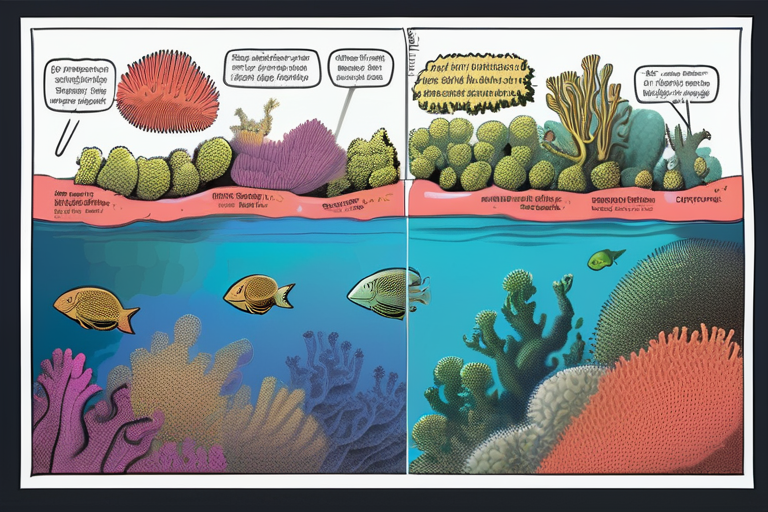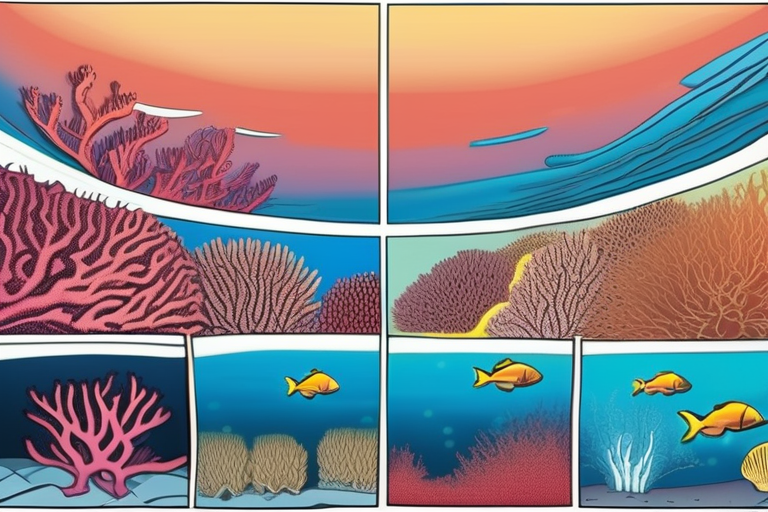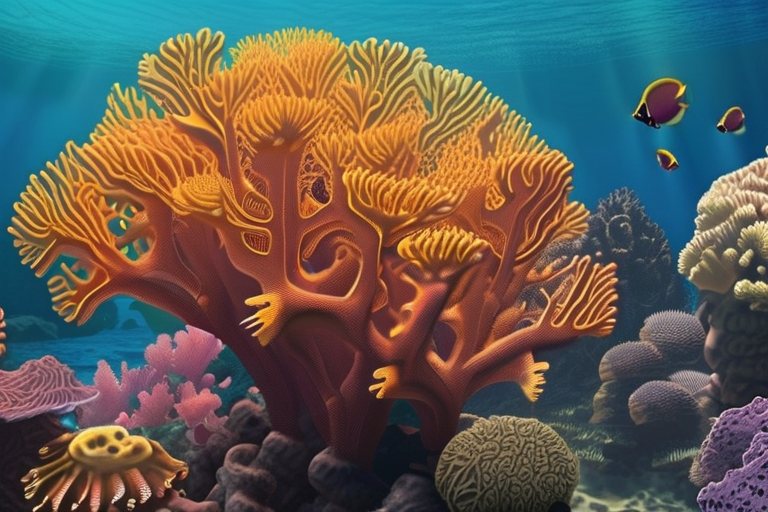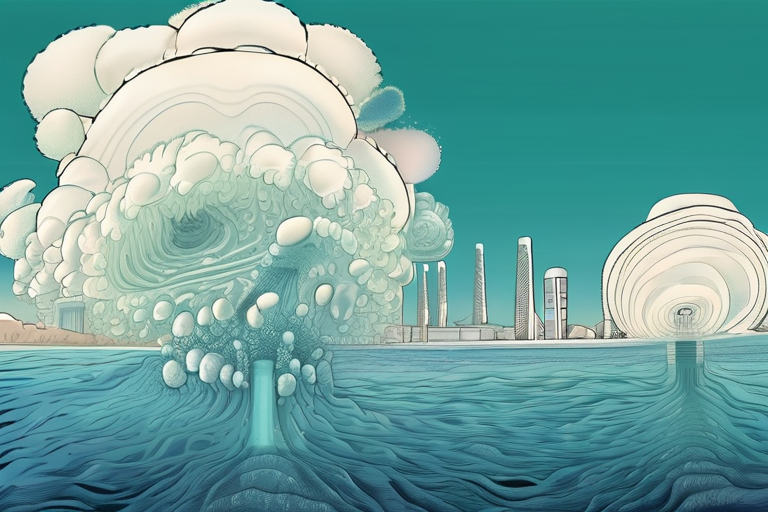Climate Crisis Hits Critical Mass: Warm-Water Coral Reefs Irreversibly Lost


Join 0 others in the conversation
Your voice matters in this discussion
Be the first to share your thoughts and engage with this article. Your perspective matters!
Discover articles from our community

 Hoppi
Hoppi

 Hoppi
Hoppi

 Hoppi
Hoppi

 Hoppi
Hoppi

 Hoppi
Hoppi

 Hoppi
Hoppi

Coral Reefs Reach Tipping Point as Global Temperatures Surge A recent surge in ocean temperatures has pushed coral reefs to …

Hoppi

Corals Face Extinction as Global Warming Accelerates A new study has sounded the alarm on the devastating impact of climate …

Hoppi

New Zealand's Oceans Warming at Alarming Rate, Putting Homes and Industry at Risk A new government report has revealed that …

Hoppi

World's Oceans Fail Key Health Check as Acidity Crosses Critical Threshold for Marine Life In a stark warning about the …

Hoppi

The Ocean's Carbon Toilet Clogged: Marine Heat Waves Alter Phytoplankton Composition A recent study has revealed that two major marine …

Hoppi

Coral Die-Off Marks Earth's First Climate 'Tipping Point', Scientists Say A devastating coral die-off in Australia's Great Barrier Reef has …

Hoppi